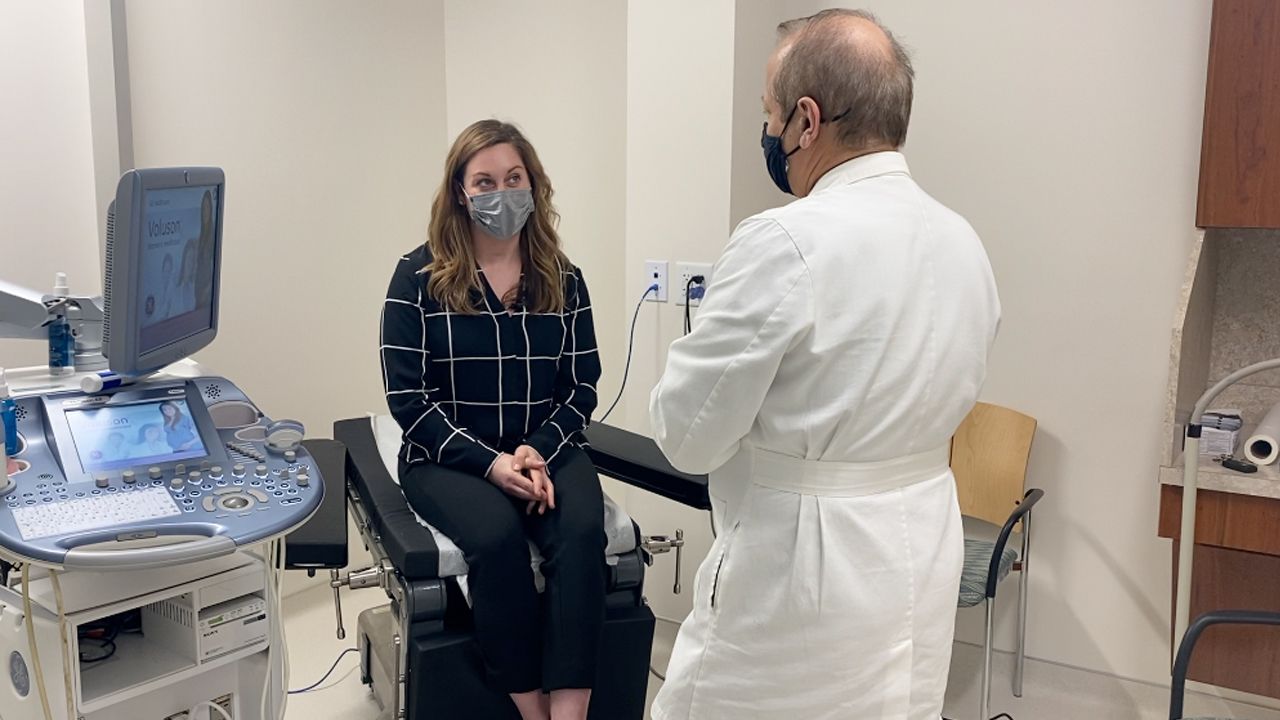A poll conducted for the New York Health Plan Association showed that nearly 80% of New Yorkers oppose increasing taxes on health insurance and assessments to close the state budget gap.
Seventy-nine percent of New Yorkers said they are opposed to increasing taxes, including 62% who are strongly opposed.
New York State lawmakers have proposed new taxes on insurance as part of the budget, including an 18% surcharge on insurers and a $40 million increase in the Covered Lives Assessment (CLA), a tax per “covered life” on insurers.
“Taxes on health insurance are the third largest source of state revenue behind sales and income taxes,” HPA President and CEO Eric Linzer said. “As the poll results show, voters reject increasing taxes and adding new assessments on their health insurance to close the budget gap, because it makes health care more expensive for them.”
Both the NYS Senate and Assembly Democrat-led houses are proposing increasing taxes on the wealthy and financial industry that would generate more than $7 billion.
Governor Andrew Cuomo’s budget director Robert Mujica, however, said Monday that between increased state revenue and more than $12 billion in federal aid being directed to New York, tax increases are no longer needed to close the budget deficit.
Lawmakers argue, though, this money could be used to close more than just a budget gap, but also help sustain future increased funding in areas such as education, mental health and more.
“The Assembly’s proposal to shift state and municipal costs for Early Intervention Services by increasing the covered lives assessment by $40 million and its proposed 18% surcharge on corporate taxes, which is currently paid by some New York health insurance plans, will translate into higher health care costs for many New Yorkers,” Health Plan Association President Linzer said. “Our state’s health care costs are already among the highest in the nation. Legislators should reject these proposals in the final FY22 state budget.”
Global Strategy Group, for the New York State Health Plan Association, conducted a survey of 600 registered voters in New York between March 10-14, 2021. It has a margin of error of 4.0%. Of the 600 interviews, 300 were conducted by telephone and 300 via web-based panel.



